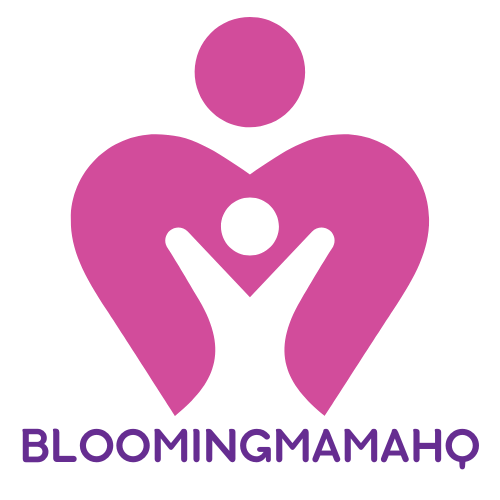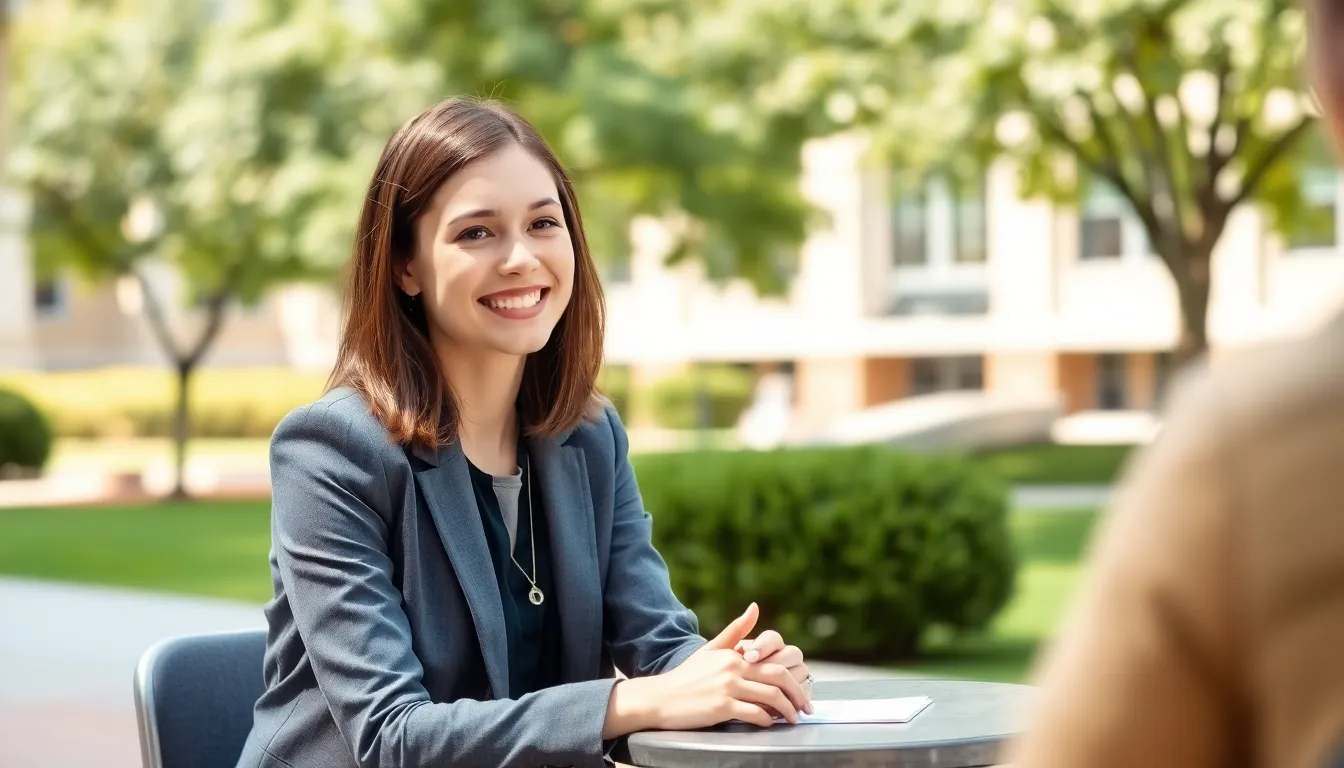Getting ready for a college interview can feel like preparing for a first date—nervous excitement mixed with the fear of saying something embarrassing. After all, this is your chance to shine and show why you’re the perfect fit for that school. But don’t worry, it’s not all about stiff suits and rehearsed answers. With the right approach, you can turn that interview into a conversation that highlights your personality and passion.
Table of Contents
ToggleUnderstanding The College Interview
The college interview serves as a crucial element in the admissions process. It allows applicants to present their authentic selves, showcasing interests and motivations to admissions officers.
Purpose Of The College Interview
The primary purpose of the college interview lies in providing insights beyond grades and test scores. Interviews allow colleges to assess an applicant’s personality and fit, examining their enthusiasm for the program. Connections made during interviews often help institutions gauge an interviewee’s commitment to their community. By engaging in a conversation, candidates reveal their values and aspirations, making them memorable to admission committees. Authenticity shines through when applicants share personal stories, reflecting their unique perspectives in a competitive applicant pool.
Types Of College Interviews
College interviews vary in format and execution. On-campus interviews take place within the college environment, often allowing for a tour and deeper insight into campus culture. Off-campus interviews, frequently conducted by alumni, exist to foster connections within the community. Some institutions offer video interviews, accommodating applicants from diverse geographical locations. Additionally, informational interviews provide general insights into the school without formal evaluations. Each type caters to different needs, emphasizing the significance of the interview experience in the application journey.
Preparing For The College Interview

Preparing for the college interview requires a thoughtful approach. Applicants need to demonstrate their unique qualities and interests.
Researching The Institution
Understanding the college’s mission and values is essential. Applicants should visit the institution’s website to explore programs and campus culture. Attending virtual tours or info sessions provides valuable insights that may inform responses. Reviewing recent news articles about the institution can offer context about its current initiatives. This research equips applicants with knowledge to ask relevant questions, showcasing genuine interest. Candidates conveying familiarity with the college’s features create a positive impression.
Practicing Common Interview Questions
Practicing common interview questions builds confidence. Applicants should anticipate questions about their motivations for applying and future goals. Familiarity with prompts like “Tell me about yourself” helps in articulating thoughts clearly. Mock interviews with friends or family provide real-time feedback and reduce anxiety. Reviewing personal achievements enables candidates to share meaningful experiences effortlessly. Recording practice sessions allows for self-assessment and improvement. The more familiar applicants become with these questions, the easier it is to engage in the conversation naturally.
During The College Interview
The college interview presents an opportunity to showcase one’s true self. Candidates can express their enthusiasm and interests while making a meaningful connection.
Presentation And Attire
First impressions carry weight. Dressing appropriately contributes to this initial impact. Business casual attire typically strikes the right balance between professionalism and comfort. A collared shirt or blouse paired with dress pants or a skirt proves effective. Choosing clean, pressed clothing enhances confidence and shows respect for the interview process. Additionally, grooming plays a key role. Neat hair and minimal accessories create a polished look without overshadowing personality. By dressing thoughtfully, candidates project seriousness and readiness, reflecting their genuine interest in the institution.
Effective Communication Techniques
Communication lays the foundation for a successful interview. Maintaining eye contact demonstrates engagement and confidence. Active listening is equally crucial, as it shows respect for the interviewer’s questions. Responding clearly and concisely reveals the candidate’s ability to articulate thoughts. Avoiding filler words helps maintain coherence. Practicing answers to common questions promotes a smoother dialogue. Asking thoughtful questions about the program or campus culture further illustrates genuine interest. Overall, effective communication fosters a positive rapport and creates a memorable impression during the interview.
Post-Interview Follow-Up
Post-interview follow-up plays a crucial role in reinforcing a candidate’s interest and leaving a lasting impression. Two primary aspects to consider are sending thank-you notes and reflecting on the experience.
Sending Thank-You Notes
Sending a thank-you note to the interviewer demonstrates appreciation. Candidates should aim to send this note within 24 hours of the interview. A concise message should express gratitude for the opportunity to interview and highlight specific discussion points that resonated. Including a brief statement about enthusiasm for the program can help re-emphasize the applicant’s interest. Utilizing email for this follow-up provides a quick and efficient means of communication, while handwritten notes add a personal touch.
Reflecting On The Experience
Reflecting on the interview experience allows candidates to evaluate their performance. Candidates should consider what went well and identify areas for improvement. Jotting down thoughts immediately after the interview ensures that insights remain fresh. Engaging in this reflective process promotes growth for future interviews and strengthens self-awareness. Gathering feedback from trusted peers or mentors may also offer valuable perspectives on communication and presentation skills.
A college interview is more than just a formality; it’s a chance for applicants to shine. By embracing authenticity and showcasing their passions, candidates can create memorable connections with interviewers. The preparation process plays a vital role in building confidence and ensuring that candidates present their best selves.
Following up with a thank-you note not only expresses gratitude but also reinforces genuine interest in the program. Reflecting on the interview experience allows candidates to learn and grow for future opportunities. With the right mindset and preparation, the college interview can transform into an enriching dialogue that leaves a lasting impact on both the applicant and the institution.



